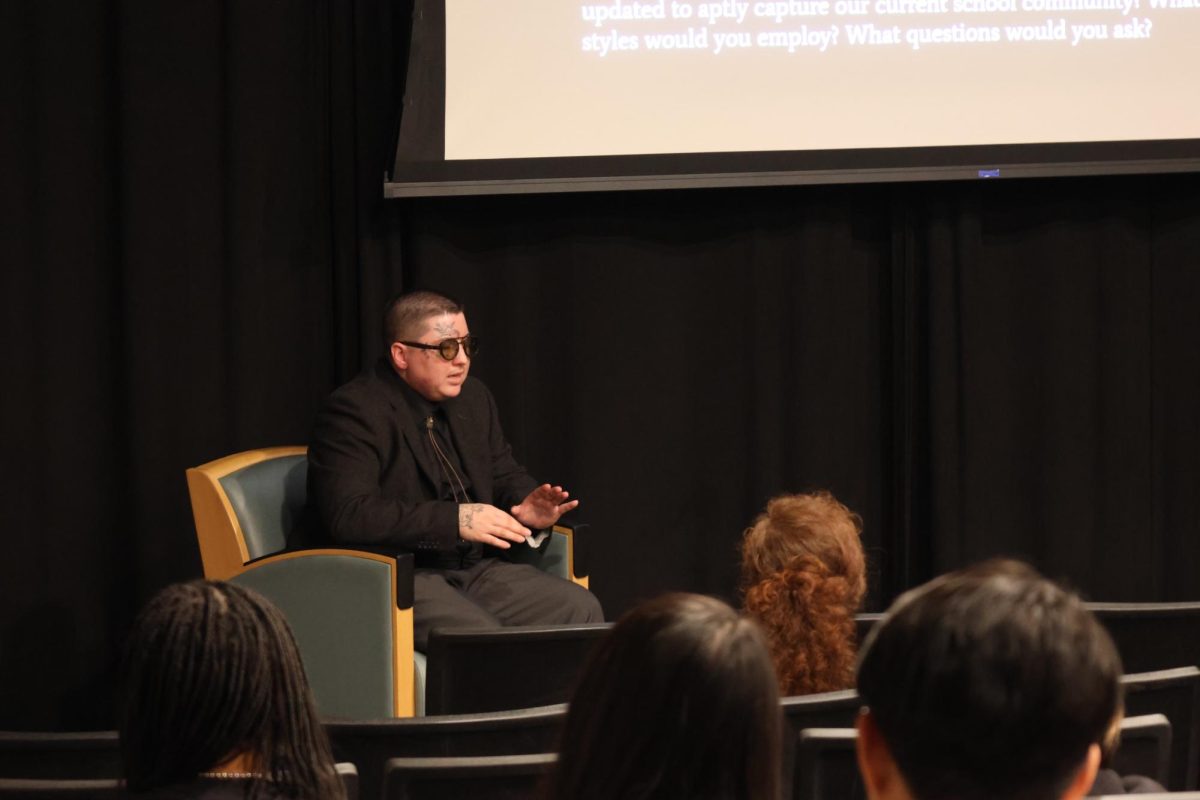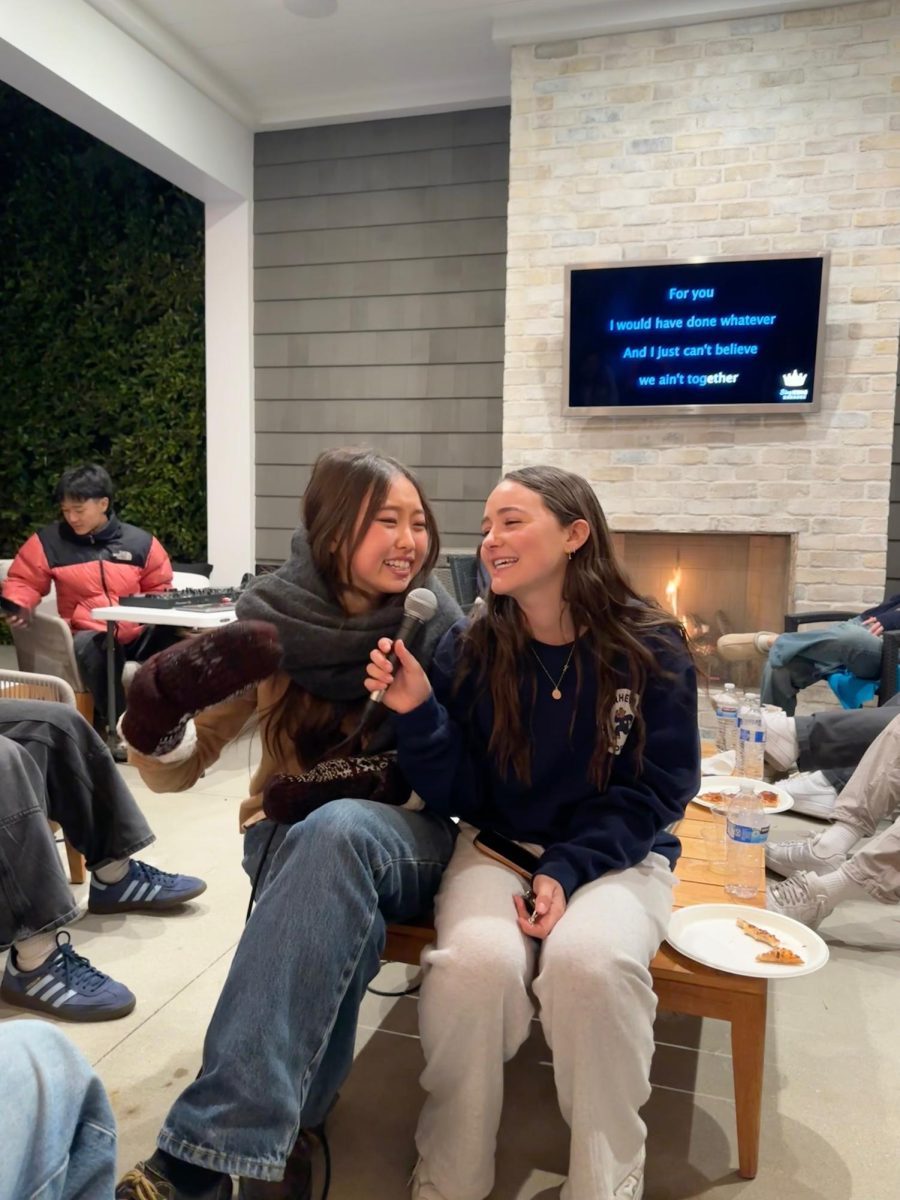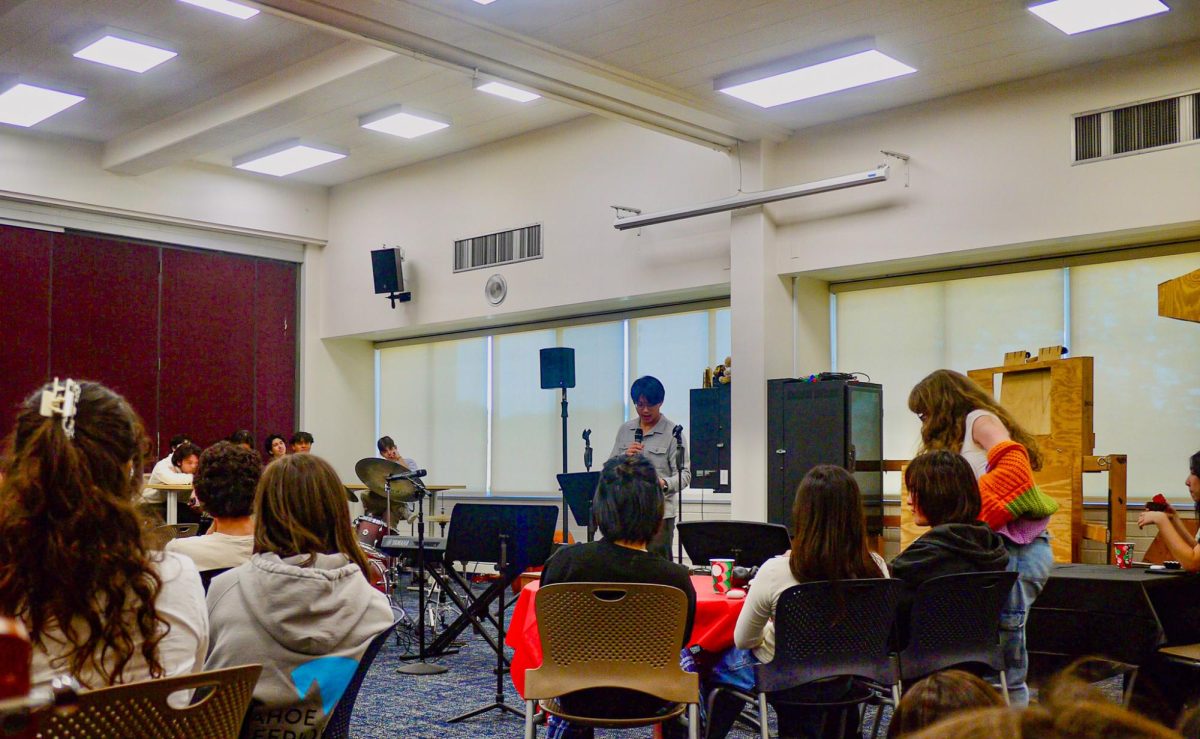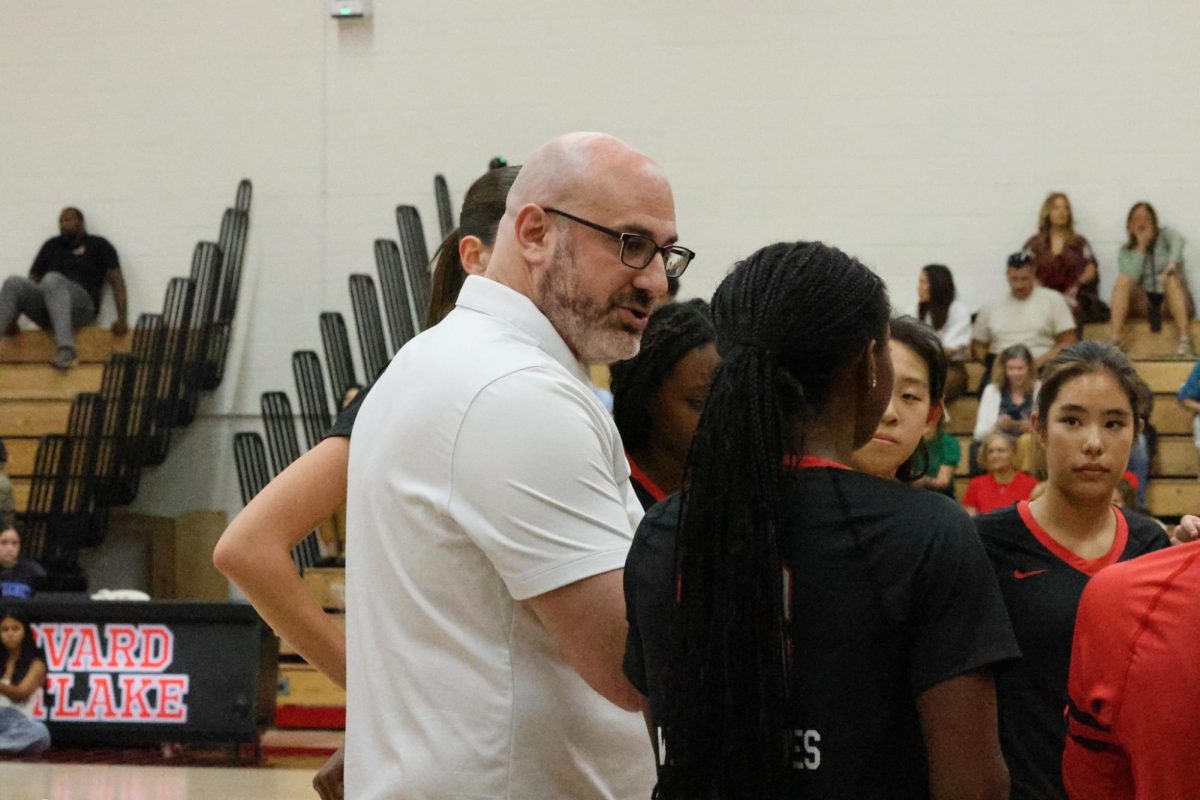Award-winning director, producer and screenwriter Ava DuVernay urged students and faculty members to help overcome societal prejudices and recognize their own privilege at the all-school Brown Family Assembly on Monday.
As the first woman of color to direct a $100 million film with her most recent movie, “A Wrinkle in Time,” DuVernay emphasized the importance of creating a cast and crew that represents a range of races and genders and sharing her message with all generations. DuVernay has also directed award-winning movies “Selma” and “13th.”
“The idea that I can take some of the things I’m passionate about in “Selma” and “13th,” things about justice and equality and dignity and that everybody can do good and everyone should be the center of the story and the possibilities that we should hold and preserve for every person, and put that in a sci-fi adventure was a real honor,” DuVernay said.
DuVernay also discussed the struggles that she and minority cinematographers in the industry face in attempting to create films that showcase the issues that are important to them.
“Women and people of color in the [film] industry don’t really get to decide [what they want],” DuVernay said. “They have to work and they have to take what comes to them. I think that it is a challenge for so many women in front of and behind the camera in all kinds of colors and people of color in general to tell a story that is meaningful to them and nourishes them—the kind of story that they want to tell in the way they want to tell it. The opportunities are so limited for them and only certain people get to benefit.”
As an advocate for both females and people of color, DuVernay encouraged students to use their voices to combat pre-existing biases within society and create an inclusive environment for people of all races and genders, explaining why it’s one of her priorities to address issues of inequality in her work.
“It’s your generation that is going to change this and turns things around,” DuVernay said to students in the audience. “So you just have to make yourself aware of what’s going on and dig into the things you care about. If you believe that there should be a little bit of everyone sitting at the table, no matter what that table is and where it is, it’s up to you to walk into the room and say this table can be better, there can be more people here.”
Instead of giving a traditional speech, DuVernay participated in a question-and-answer style interview with Upper School Visual Arts Department Head Cheri Gaulke.
Students also had the opportunity to ask their own questions about her experiences. They said they appreciated listening to DuVernay’s unique perspective as a director, woman and person of color in a white male-dominated field and how the focus of her career is often on her background rather than her work.
Aspiring filmmaker and Video Art III student Lex Torrington ’18 said that hearing from a director leading her field in a more diverse direction taught him the importance of using his power as a cinematographer to encourage social change.
“The industry is going through a monumental change in its history right now,” Torrington said. “It’s undergoing movements in terms of the demographics of its leaders that it’s never had in its past, and [DuVernay’s] one of the people who is leading that movement in terms of involving more people of color and more women into the rooms that are taking big blockbuster films. It’s interesting that we got an insight into how that world is changing.”































